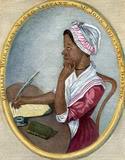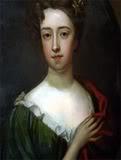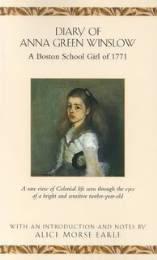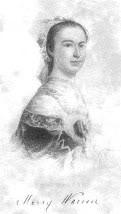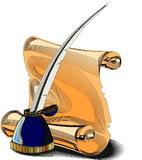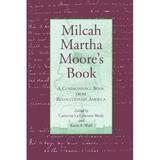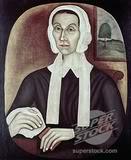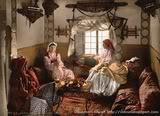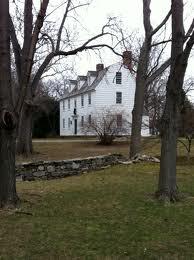America’s First Black Poet Phillis Wheatley was born circa 1753 in West Africa, and was very likely kidnapped into slavery. She was named for the slave ship, Phillis, that brought her to Boston on July 11, 1761. She was purchased as a personal slave to Susannah Wheatley, wife of tailor John Wheatley, a prominent Boston merchant with a wholesale business, real estate, warehouses, and the schooner London Packet. Phillis was evidently around 7 years old at the time, and took her new master’s surname. A frail child, Phillis was chosen to be a domestic servant and companion to Susannah Wheatley, an ardent Christian, in her later years. Although she spoke no English upon her arrival in this country, Phillis soon…
